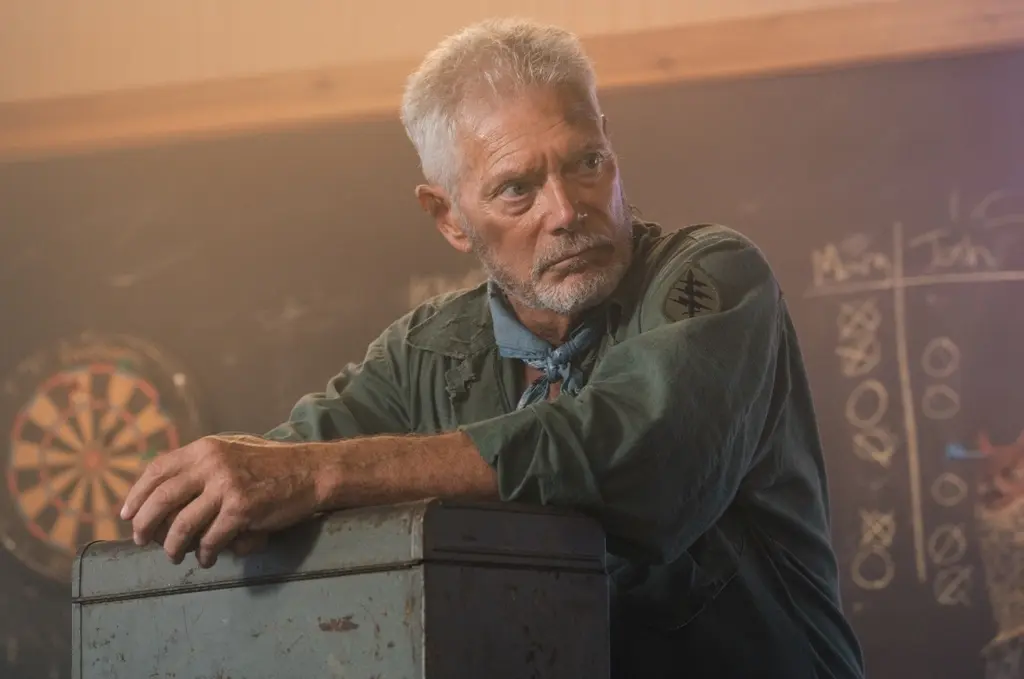NR | 1h 15min | Documentary, Nature | 22 April 2023 (USA/Australia)
Try as it might to be a newfangled attempt to warn viewers to the perils of mankind’s collective assault on the global ecosystem, the gorgeously shot but narratively bereft documentary “River” is a narrative train wreck.





